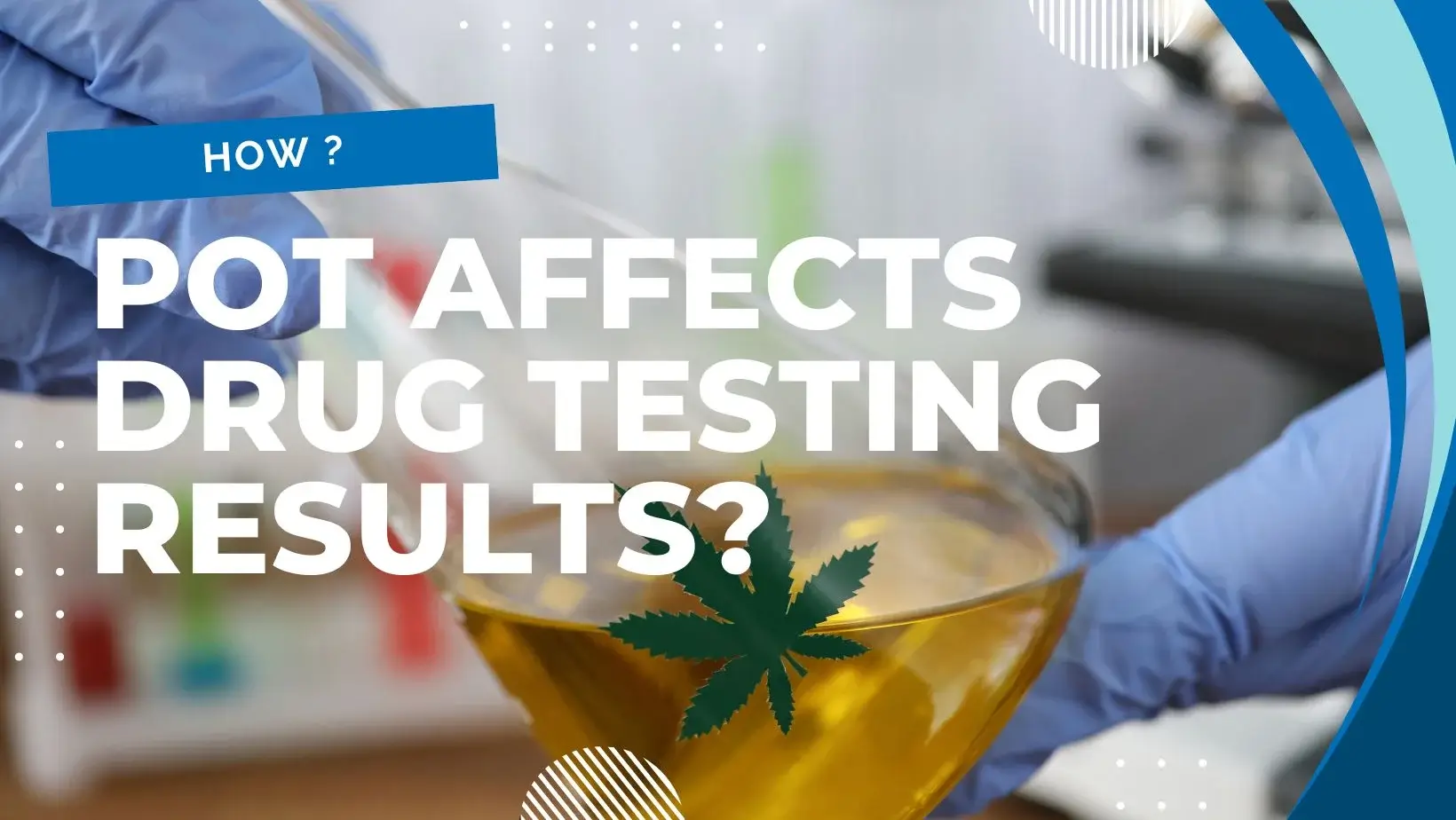Truck drivers are essential workers who transport goods across the country, often facing long hours, stressful conditions, and physical challenges. Some of them may feel the need to use pot or marijuana, for various reasons, such as coping with pain, stress, boredom, or insomnia. However, using pot as a trucker also has many risks and consequences, especially when it comes to drug testing and safety. In this blog post, we will explore why truckers use pot, how it affects their drug testing results, and what are the implications for the trucking industry and the public.
Read about: How to interpret drug test results?
Why Truckers Use Pot?
According to some sources, truckers may use pot for different purposes, such as:
- To cope with the stress, loneliness, pain, or boredom of long hours on the road. Trucking can be a demanding and isolating job, and some truckers may use pot to relax, unwind, or distract themselves from their problems.
- To enjoy themselves during their off-duty time or vacations, especially in states where recreational marijuana is legal. Some truckers may use pot to have fun, socialize, or explore new experiences.
- To stay alert and relaxed while driving, some truckers believe that marijuana helps them avoid fatigue and drowsiness. Some truckers may use pot to enhance their performance, mood, or concentration on the road.
- To self-medicate for medical conditions that may affect their performance or quality of life, such as chronic pain, insomnia, anxiety, or depression. Some truckers may use pot to treat their symptoms, reduce their reliance on prescription drugs, or improve their well-being.
How Pot Affects Drug Testing Results?
However, using pot as a trucker also has many risks and challenges, such as:
- Failing drug tests that are required by the Department of Transportation (DOT) and most trucking companies, can result in losing their job, license, or eligibility to drive. Truckers are subject to random, pre-employment, post-accident, and reasonable suspicion drug tests, and they must test negative for marijuana and other substances to operate a commercial vehicle.
- Facing legal consequences, such as fines, arrests, or charges, if they are caught with marijuana or test positive for THC (the impairing ingredient in marijuana) in states where it is illegal or while crossing state or country borders. Truckers are subject to federal law, which prohibits the use of marijuana for any reason, regardless of state laws or medical prescriptions.
- Impairing their safety and performance, as marijuana can affect their reaction time, coordination, judgment, perception, and decision-making, which can increase the risk of accidents, injuries, or fatalities. Truckers are responsible for driving large and heavy vehicles, often in challenging conditions, and they must be alert and attentive at all times.
- Confusing state and federal laws, as there is no consistent or reliable roadside test to determine if a trucker is currently impaired by marijuana, and the level of THC that qualifies as impaired varies by state. Truckers may not know the legal status of marijuana in different jurisdictions, or how long it takes for THC to clear from their system, which can vary depending on the frequency, amount, and method of use.
- Testing positive for THC even if they are not impaired, as THC can remain in their system for weeks or months after use, unlike alcohol, which can be detected only within hours. Truckers may test positive for marijuana even if they used it during their off-duty time or in a legal state, which can still disqualify them from driving.
- Having no valid medical explanation, as the DOT does not accept medical marijuana prescriptions or hemp-derived products such as CBD oil as a justification for a positive drug test. Truckers who use pot for medical reasons may not have a valid defense or exemption, and they may face the same consequences as recreational users.
Related:
CBD vs. THC: What’s the difference?
How long do the effects last of Edibles?
Implications for the Trucking Industry and the Public
Therefore, truckers who use pot face a dilemma between their personal preferences and their professional obligations, as well as the potential harm they may cause to themselves, their employers, their customers, and the public. It is a difficult choice that requires careful consideration and awareness of the consequences.
The use of pot by truckers also has implications for the trucking industry and the public, such as:
- This affects the driver shortage, as more truckers may leave the industry or be disqualified from driving due to positive drug tests. The trucking industry already faces a shortage of qualified drivers, which can affect the supply chain, the economy, and consumer prices.
- Influencing driver recruitment and retention, as some truckers may seek employers who are more lenient or flexible with drug testing policies, or who offer alternative testing methods such as hair or saliva tests. The trucking industry may need to adapt to the changing preferences and expectations of drivers, especially younger ones, who may favor the use of marijuana.
- Impacting public safety and health, as more truckers may drive under the influence of marijuana, which can increase the risk of crashes, injuries, or deaths. The public may also be exposed to secondhand smoke or contaminated products, which can affect their health and well-being.
Also Read: How Trucking Companies can be DOT Compliant?
Conclusion
The use of pot by truckers is a complex and controversial issue that has many factors and implications. Truckers may use pot for various reasons, but they also face many risks and consequences, especially when it comes to drug testing and safety. The use of pot by truckers also affects the trucking industry and the public, as it may influence the driver shortage, recruitment, retention, and public safety and health.
Save your trucking business by enrolling in the most extensive random testing consortium. Sign up at goMDnow and drive your business safely.


